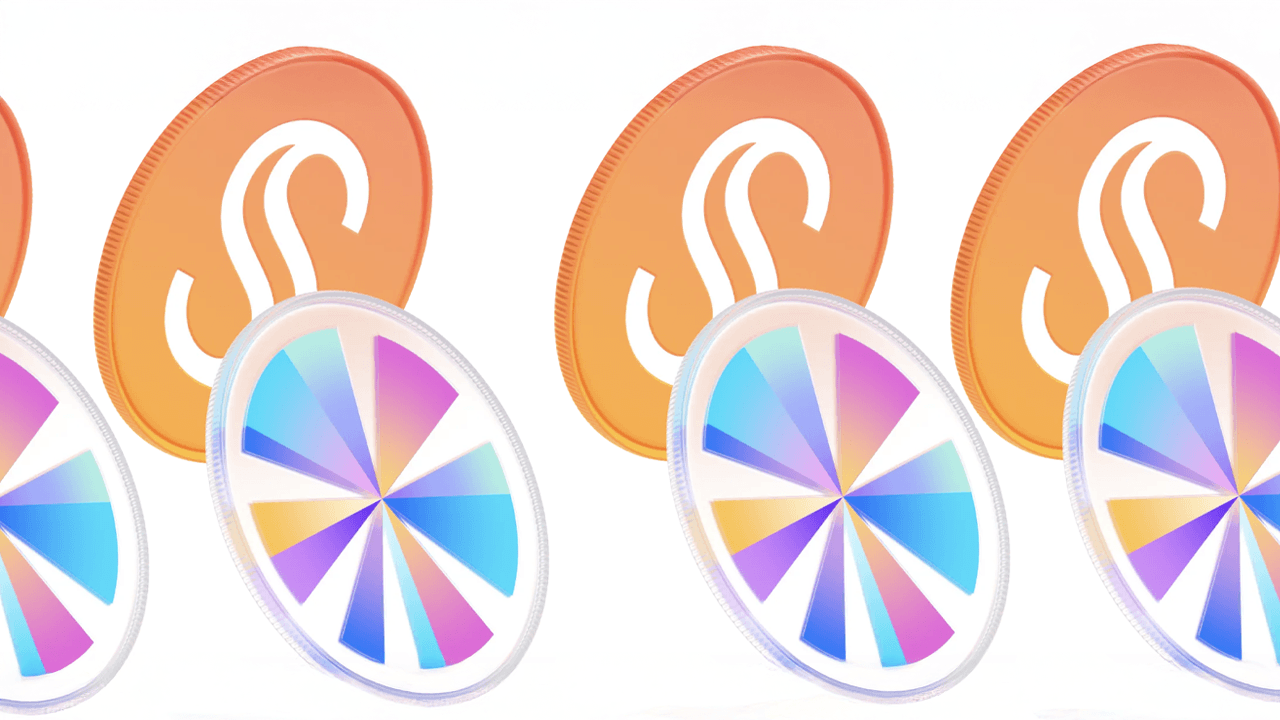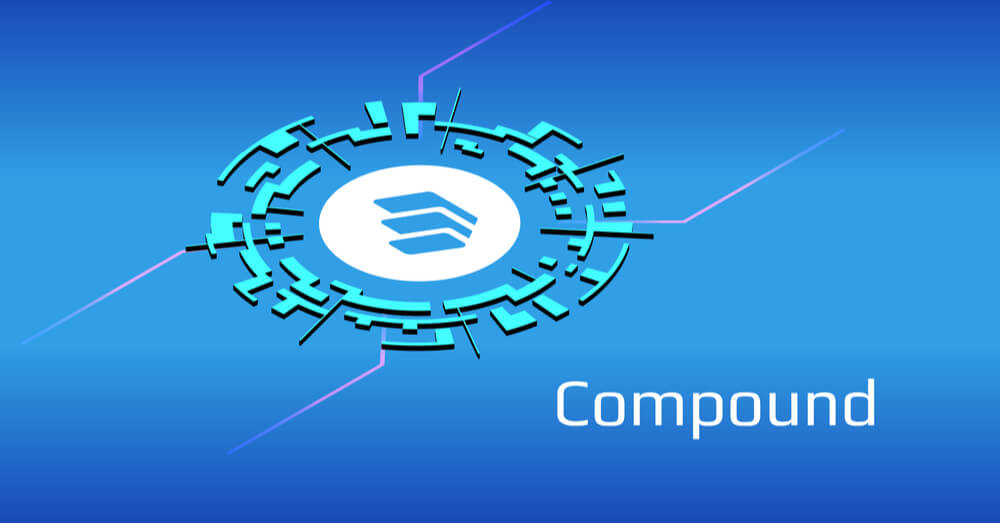BitPay allows users to store, spend, swap, or buy MATIC.
BitPay, an Atlanta-based Bitcoin and cryptocurrency payment provider, has added Polygon’s native token, MATIC, to the list of supported cryptocurrencies.
According to the announcement shared on October 26th, customers can make payments using MATIC through their Polygon wallets.

Did you know?
Want to get smarter & wealthier with crypto?
Subscribe – We publish new crypto explainer videos every week!
When talking about the integration of MATIC to BitPay, the company’s Chief Executive Officer, Stephen Pair, noted:
Adding MATIC to the mix of cryptos that BitPay supports offers businesses a fast, safe and secure alternative to traditional payment methods and paves the way for blockchain payments to disrupt the way consumers and businesses receive and spend funds.
BitPay allows its app users to buy, store, swap, and spend MATIC, along with other ERC-20 tokens, such as USD Coin (USDC), Dai (DAI), Binance USD (BUSD), Wrapped Bitcoin (WBTC). In the announcement, Polygon noted that collectibles marketplace Panini America is one of the first merchants to accept MATIC payments using BitPay.
Based on the announcement, Polygon offers low transaction fees, fast transaction speed, and carbon neutrality.
Polygon co-founder Sandeep Nailwal highlighted that partnership with BitPay will add value to MATIC and the whole Polygon ecosystem.
Working with BitPay opens up a new world of commerce to MATIC holders, allowing them to spend with a host of global merchants including Airbnb and Shopify for the first time. We’re thrilled to be expanding the utility of MATIC and adding further value to the Polygon ecosystem.
Based on the data shared by BitPay, over the last 30 days, BitPay processed 66,186 crypto transactions and is used by thousands of users worldwide. Therefore, it can be assumed that the partnership will open doors for MATIC to be used worldwide.
At the time of writing, MATIC retails for $0.9482, recording a 7.47% price increase.
In other news, Polygon’s protocol was recently used by India’s Firozabad district police to launch a police complaint portal. The website built on Polygon’s modular blockchain allows preventing corrupt officials from manipulating or rejecting police reports.








